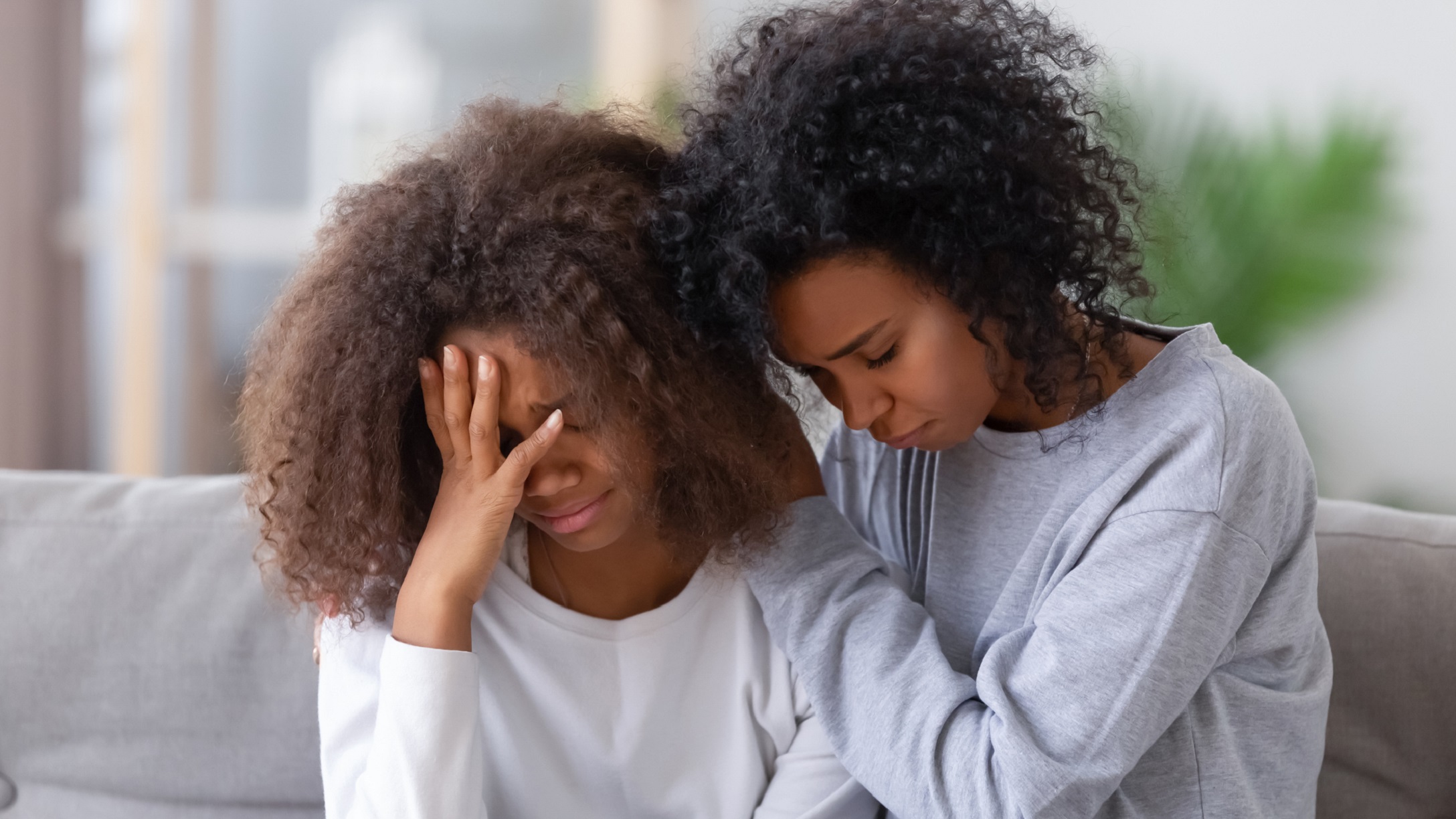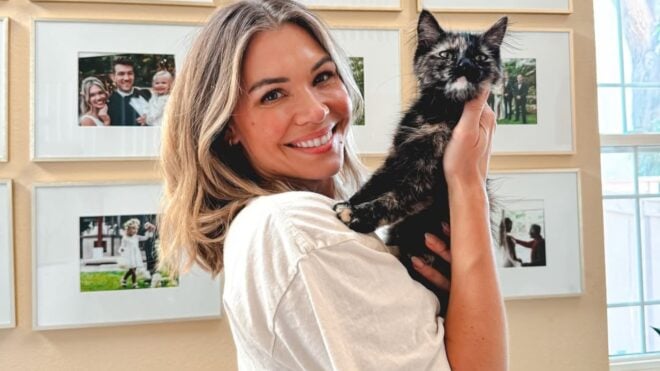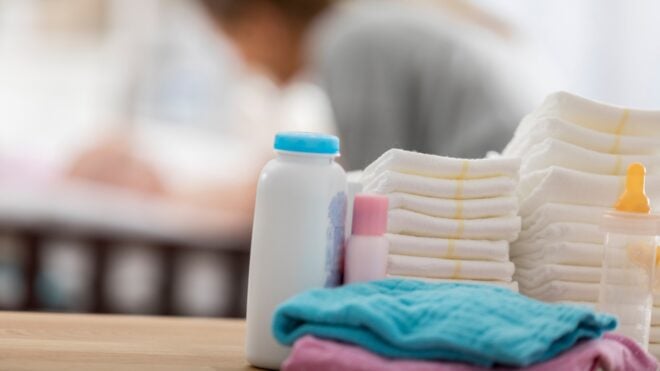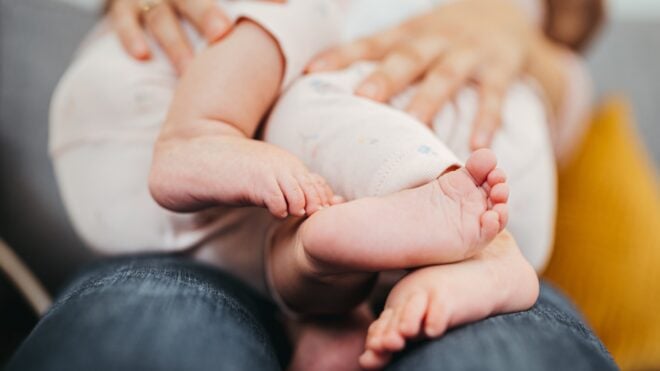
I never thought deeply about my mother’s fear of the dentist until I had my first oral surgery. Last year, while I was slightly sedated by nitrous oxide, or laughing gas, I stayed as still as possible while an oral surgeon focused on extracting all four of my wisdom teeth with a sharp blade and what seemed to be a pair of tiny pliers. This was the first surgery I had ever experienced, and I was told it would be a quick one.
While the surgeon seemed to speedily remove the first three teeth without my even noticing, my fourth and last tooth to be removed sat at a strange angle, requiring a deeper cut and more maneuvering of the dreaded mouth-pliers. At one point, when the pliers were twisted a bit, I suppose I must have flinched. Yet when asked if I felt any pain, I replied, “I’m OK.”
The surgeon seemed to study my response and my body language briefly before explaining the severity of the procedure. “This is your head we’re working on, you know.” I shrugged it off, convinced that I simply didn’t know what to expect, and that my strength would get me through any discomfort. If others had survived this, surely I would too. Lucky for me, the oral surgeon ignored my response.
“I think she’s feeling pain and just not saying it,” he knowingly reported to one of his assistants. He then turned up the nitrous oxide and waited a few minutes until I was more deeply sedated, no longer having to suffer through my own determination to be strong.
The truth is that we are just as mortal and susceptible as anybody else. We fear. We cry. We err. We feel pain.
After this experience, I thought back to the story my mother told me of getting her first cavities filled and telling the dentist she was in agony. He simply ignored her as she went through the traumatizing experience of feeling excruciating pain because of how strong the world insisted she was, even as a child.
As one of the most marginalized and vulnerable populations of people, Black women have had to survive as superhumans in the misguided gaze of the world. From having medical experiments performed without the aid of anesthesia, as done in the 1840s by J. Marion Sims, to modern-day maternal mortality rates, which the Centers for Disease Control and Prevention report to be two to three times higher among Black mothers compared to white moms, African American girls and women have been dehumanized by the misconception that we feel pain differently, or are able to suppress emotions easily.
Along with sexualizing images of young Black girls, society attempts to convince African American females that they should become women sooner than later. It’s clear that our fathers and brothers have higher risks of being racially profiled and treated unjustly by law enforcement, so who else, outside of ourselves, will find us valuable enough to protect?
Our allies seem to show themselves mostly when it’s convenient enough to mark by a hashtag, or while it’s trending on social media, but when our physical and emotional health are constantly being threatened, society has clearly indicated to us that we are on our own. We have to save ourselves.
When you call a Black woman strong, you may very well intend for it to be received as a compliment. Many Black women will even accept it as acclaim. But the weight of these words seem to add to the burden we are handed by the color-obsessed world we were born into. By being put on a “pedestal” as people who can outwork the average person and overcome anything thrown at us, we are continually being framed as something other than human. The truth is that we are just as mortal and susceptible as anybody else. We fear. We cry. We err. We feel pain. To believe that Black women are strong enough in will and might to defeat these human traits is to deny us the humanity that we deserve.
Black girls, women, and mothers should not have to suppress what they feel and experience because it’s what’s expected of them. Without realizing it, when I sat still for oral surgery and was questioned about what I felt, I was reacting as an adult who had been trained to believe that I didn’t have the privilege to admit to pain, but vulnerability should not be a privilege. Why should we, Black women, have to tuck our tears into pillows in the dark while “white women’s tears” are said to move mountains when they cry in the open? The perceived strength of the Black woman takes away our chances to be considered equal by masking oppression with misleading language.
So the next time you commend a Black woman for her resilience and strength, think about what you are actually saying to her.




